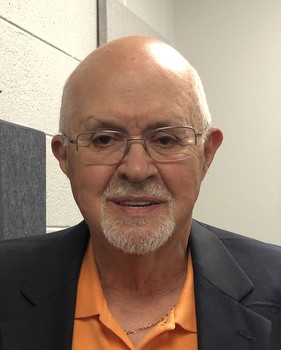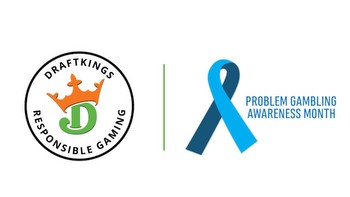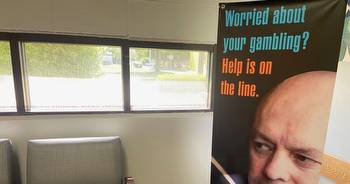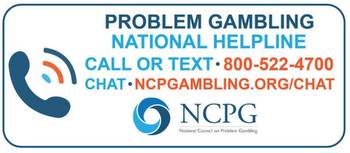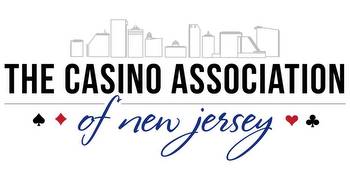Problem Gambling Awareness month: Get set before you bet

Sometimes you hear someone say, “I need to hit the lottery.” You may have said it yourself. Perhaps most of us know waiting for our ship to come in is not very likely if we aren’t working to make that happen — literally working.
March is Problem Gambling Awareness Month. As Ohio joins the 29 states and District of Columbia which already have legalized sports gaming — and we are surrounded on all sides by states that already have it — we already can expect more problem gamblers in addition to the 919,000 reported in our state at this time.
The 2017 Survey of At Risk and Problem Gambling Prevalence Among Ohioans was released jointly by the Ohio Casino Control Commission and the Ohio Lottery Commission. Problem gambling prevalence has doubled since four casinos and seven racinos have opened in Ohio. Data comes from several sources including tracking of casinos, lottery, stocks, sports, and even charitable gambling like raffles and bingo. Be aware: Gambling can become a problem.
The Problem Gambling Network of Ohio (PGNO) was begun in 2006. With the passage of House Bill 386 in 2012, PGNO “became advocate for proper safeguards in policy relating to problem gambling and serves as an advisor to individuals, families, communities and professionals.” The goal: awareness, educating the public about problem gambling and advocate for quality treatment of problem gamblers in Ohio.
The history of treatment for gambling disorder began at Brecksville VA Clinic in Cleveland in 1972. The Ohio Council on Problem Gambling was created in 1984 to give support to Brecksville. The National Council on Problem Gambling held a conference in Cleveland and joined with the Ohio Council in 1992. The Ohio Lottery Commission became the “primary provider of problem gambling counselor training in Ohio” in the late 1990s and led to the establishment of the PGNO.
Warning signs of problem gambling include:
— Bragging about gambling, exaggerating wins, minimizing losses.
— Spending much time gambling, thinking about it or planning it.
— Restless and irritable when not gambling.
— Borrowing for gambling.
— Hiding how much time you spend gambling and unpaid bills and debt.
— Lying about how much time is lost and money spent on gambling.
— Frequent, unexplained absences.
— Sacrificing family time or missing work or school because of gambling.
— Not stopping even if family members are concerned.
If two or three of these describe you, you may be at risk of problem gambling. Through the end of this month, longer if required, Gamblers’ Anonymous meetings are being held through tele-health every day of the week at 9 p.m. Visit https://casinocontrolohio.gov/ResponsibleGambling for the contact information. Or, contact Gamblers Anonymous, which information you can fin. d at www.gamblersanonymous.org or www.gamo-anon.org.
This month Family Recovery Center is promoting the Get Set Before You Bet and Know Your Limit, It’s Your Best Bet campaigns. Visit the FRC website for more information. You also can use the FRC chat box to talk to someone. Visit www.familyrecovery.org.
Addiction has no address, but Family Recovery Center does. For more information about the education, prevention and treatment programs for substance abuse and related behavioral issues, contact the agency at 964 N. Market St., Lisbon; phone, 330-424-1468; or email, info@familyrecovery.org. Visit the website at familyrecovery.org. FRC is funded in part by Columbiana County Mental Health and Recovery Services Board.








